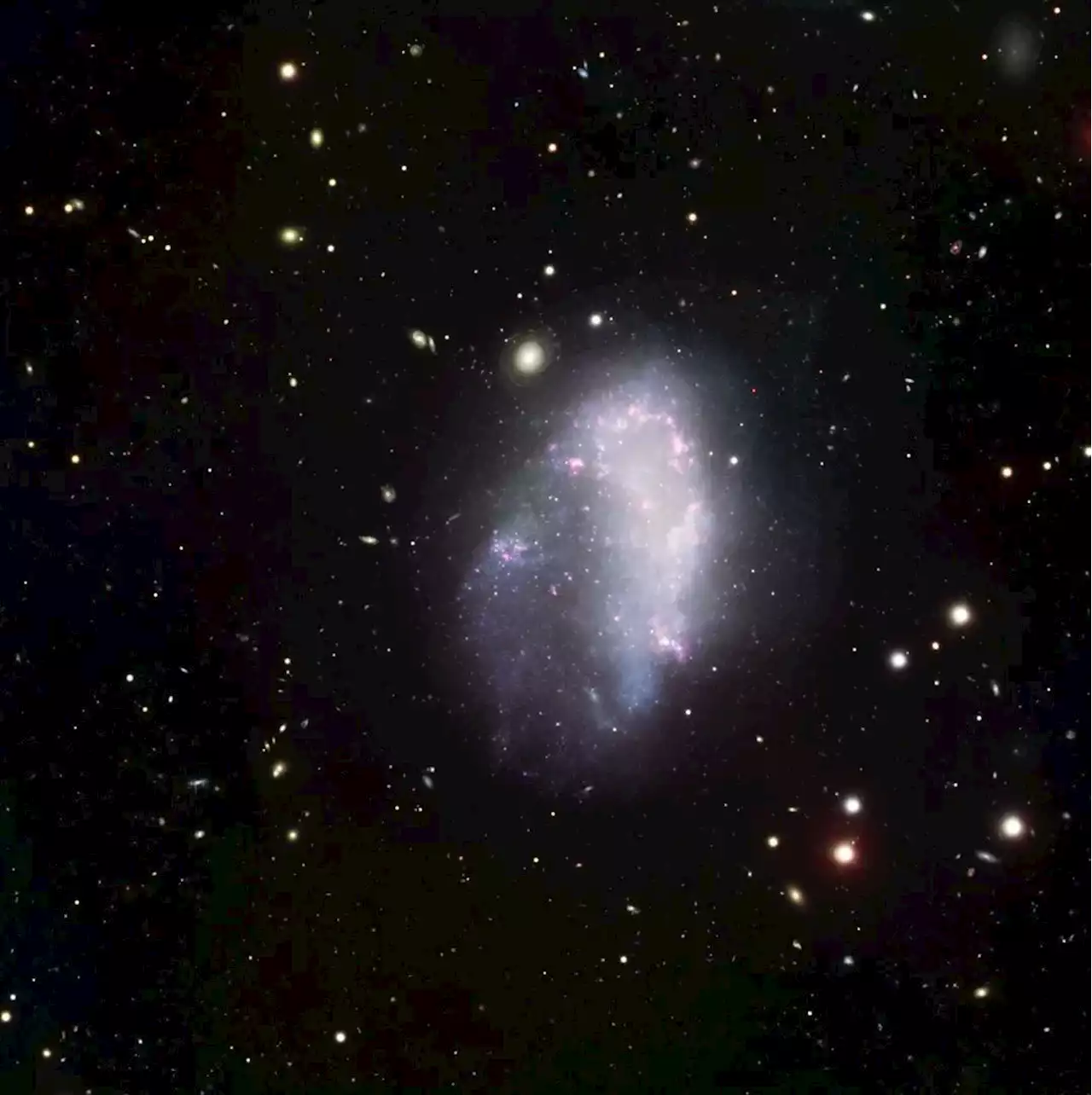From the Archives: A desire for lighter skin tones is deeply entrenched in many parts of the world, but it comes with equally deep risks to health and society.
A 22-year-old call center agent from the Philippines, J.R.,* tells me that he takes whitening capsules and uses a soap and facial cream that both claim to have whitening effects. Being lighter, he says, will make him more “noticeable,” boosting his chances for promotion or better employment. When I point out that the US$1 a day he spends on the whitening products makes up a large chunk of the US$12 he earns daily, he replies: “It’s an investment.
Some countries, such as Ghana and Rwanda, have banned skin whitening products altogether. Yet whitening remains popular—and is big business. According to industry estimates, the global skin whitening industry is expected to reach US$31.2 billion by 2024. Arguably, it was during the height of colonialism and the rise of “scientific racism” from the 18th to the 19th century that white skin became even more desired. Whiteness came to signify not just personal privilege but also belonging to a privileged group; dark skin, meanwhile, was linked to racial inferiority and slavery. Whether in apartheid South Africa, the segregationist U.S., or the U.S.
The value of paler skin—both perceived and real—has been documented in various ways around the world. In a 2006 study, economist Arthur Goldsmith and colleagues found that across several U.S. cities “mean hourly wages … rise as skin tone lightens, moving from US$11.72 for dark-skinned blacks to US$13.23 for blacks with medium skin shade” to US$14.72 for “light-skinned blacks” and US$15.94 for the “average white respondent.
The perceived attractiveness of whiter skin carries a strong appeal. In a qualitative survey in Tanzania by psychologist Kelly Lewis and colleagues, a 40-year-old teacher offers a simple reason for lightening her skin: “I use skin bleaching creams to avoid my husband from being attracted by other girls. … After my marriage, I intended to maintain my beauty to make my husband proceed loving me.
Still others I met used whitening products but claimed they were not for the whiteness per se but for cleanliness or smoothness. Others said they were striving for “normal” or “natural” skin. Fraink White, a video blogger, was similarly quoted in an article in The Guardian as saying: “Just because I lighten my skin, does not mean I want to be white. I still look African American by my features; I’m not trying to change that.
United States Latest News, United States Headlines
Similar News:You can also read news stories similar to this one that we have collected from other news sources.
 China mulls using lunar satellites to probe the cosmic dark agesA proposed mission aims to use the moon as a shield to pick up faint cosmic signals.
China mulls using lunar satellites to probe the cosmic dark agesA proposed mission aims to use the moon as a shield to pick up faint cosmic signals.
Read more »
 The “Dark Brandon” Meme That Liberals Suddenly LoveThe brief life, and centrist death, of a doomer icon.
The “Dark Brandon” Meme That Liberals Suddenly LoveThe brief life, and centrist death, of a doomer icon.
Read more »
 Scientists mapped dark matter around galaxies in the early universeA technique used to reveal dark matter could also shed light on a disagreement about the clumpiness of matter in the cosmos.
Scientists mapped dark matter around galaxies in the early universeA technique used to reveal dark matter could also shed light on a disagreement about the clumpiness of matter in the cosmos.
Read more »
 Lucid Air Stealth Look takes automaker darkThe Lucid Air's Stealth Look darkens the trim for $6,000.
Lucid Air Stealth Look takes automaker darkThe Lucid Air's Stealth Look darkens the trim for $6,000.
Read more »
 These Dwarf Galaxies Seem to Be Devoid of Dark Matter, And It Doesn't Make SenseAsk astronomers about dark matter and one of the things they talk about is that this invisible, mysterious 'stuff' permeates the universe. In particular, it exists in halos surrounding most galaxies.
These Dwarf Galaxies Seem to Be Devoid of Dark Matter, And It Doesn't Make SenseAsk astronomers about dark matter and one of the things they talk about is that this invisible, mysterious 'stuff' permeates the universe. In particular, it exists in halos surrounding most galaxies.
Read more »
 Dwarf Galaxies Found Without Influence From Dark MatterDistorted-looking dwarf galaxies in the Fornax Cluster may be challenging the view that all galaxies have dark matter halos.
Dwarf Galaxies Found Without Influence From Dark MatterDistorted-looking dwarf galaxies in the Fornax Cluster may be challenging the view that all galaxies have dark matter halos.
Read more »
